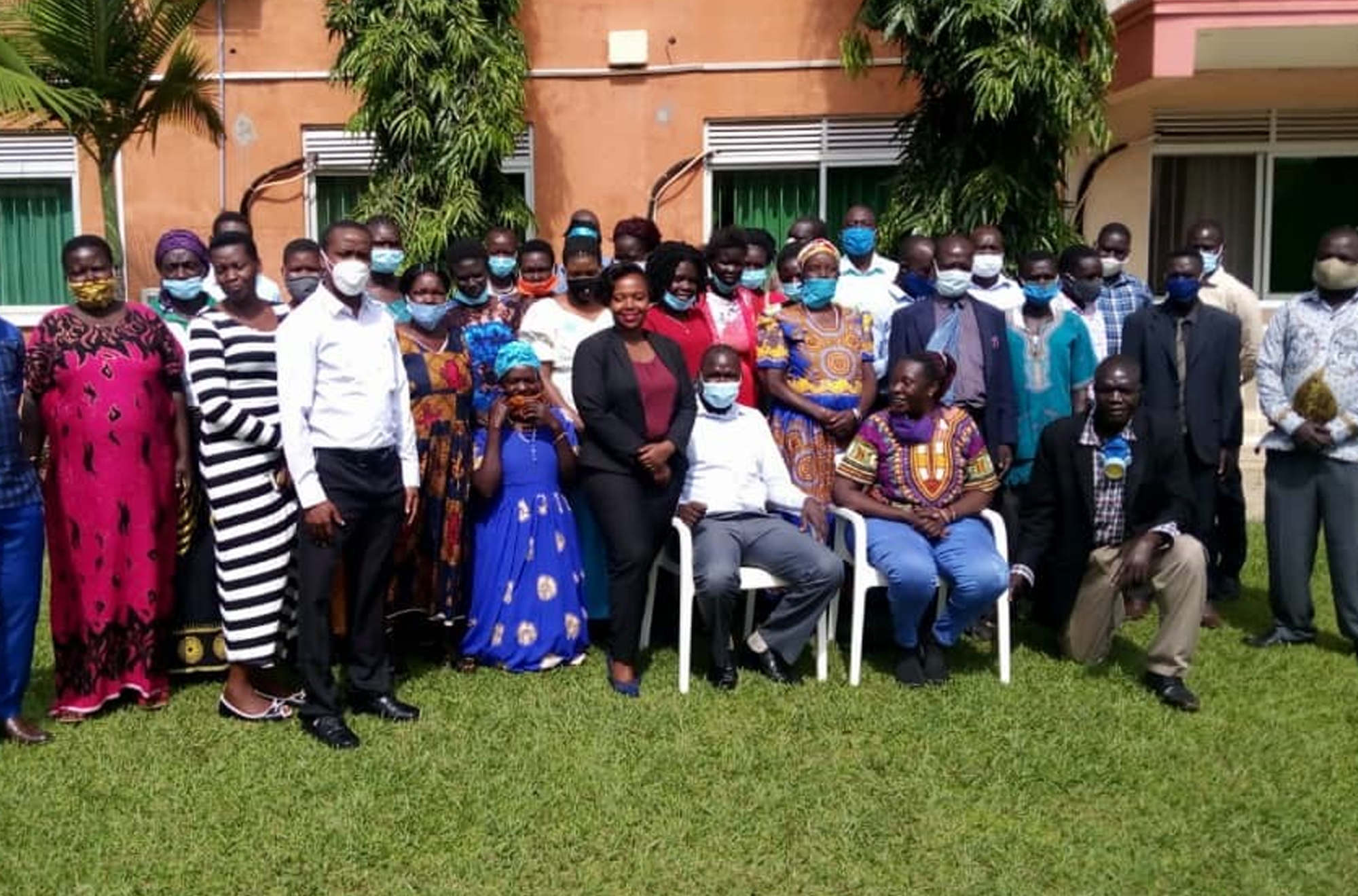
Traditional healers provide counselling and/or herbal remedies to community members for an array of health issues. This may include supporting women and girls with their pregnancies, labour and reproductive health concerns, as well as providing the community with guidance on birth, wedding and death rituals, and other community-related affairs.
Traditional healers are often perceived as a trusted resource by community members, and are sometimes the first (and only) point of contact for women and girls who live in rural areas, as well as those living in poverty. For this reason, they were identified as key stakeholders in the fight against unsafe abortions by the Society of Gynecologists and Obstetricians of Cameroon (SOGOC), the Zambia Association of Gynecologists and Obstetricians (ZAGO) and the Association of Obstetricians and Gynecologists of Uganda (AOGU).
Seeking abortion services from a traditional healer carries high risks. To address the risks associated with seeking abortions from traditional healers and to strengthen access to safe abortion services, three of FIGO’s Ob-Gyn societies organised workshops with traditional healers. Dr Simon Peter Kayondo, Project Coordinator with AOGU, explained the approach used in Uganda:
‘For each region, we selected a number of traditional birth attendants, traditional faith healers and herbalists from each of the districts, and invited them to a one-day sensitisation workshop. At this sensitisation, we usually use the local language… We then run them through the statistics that highlight the burden of unsafe abortion, the impact of the cultural and religious norms and values on the continued unsafe termination of pregnancy, the legal environment in the country on abortion, abortion harm reduction… which includes appropriate referral, and the critical role traditional healers can play to strengthen access to safe abortions.’
A participant who had attended a similar workshop in Zambia organised by ZAGO, said: ‘We now know that we need to stop providing abortion services because it is not safe and legal. From now on, we will be referring these clients to health facilities.’
Dr Kayondo, reflecting on the value of the workshops, said: ‘Engaging with this group has assisted us to understand the feelings of the people in the communities about many sexual and reproductive health services, including contraception and abortion care. This group has highlighted the weaknesses of the health care system and advised on how there can be improvements. They have also shown how they could be used more effectively to reduce preventable maternal mortality and morbidity from unsafe abortion.’
FULL REPORT: FIGO Advocating for Safe Abortion Project, 11 March 2021 ; PHOTO: Members of AOGU and traditional healers



